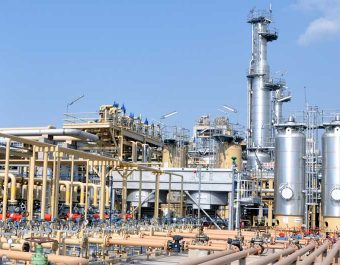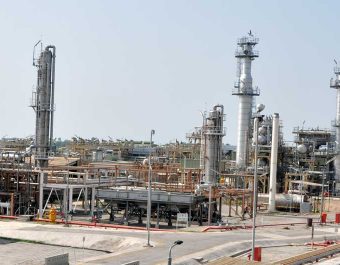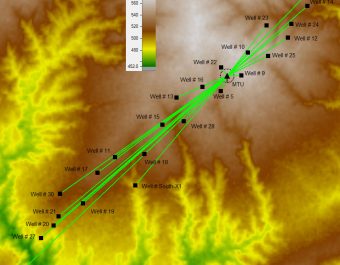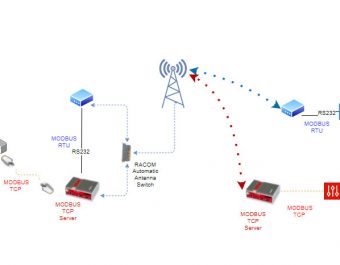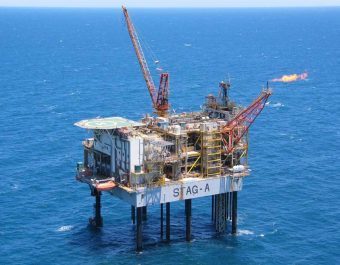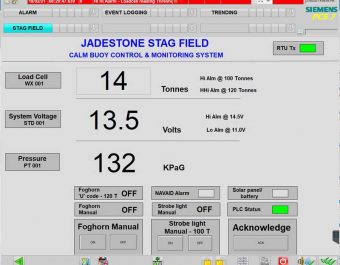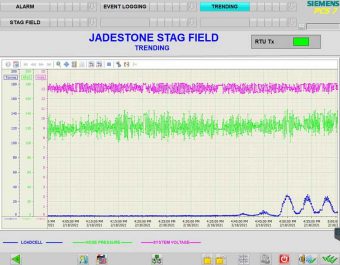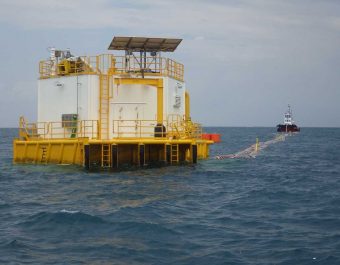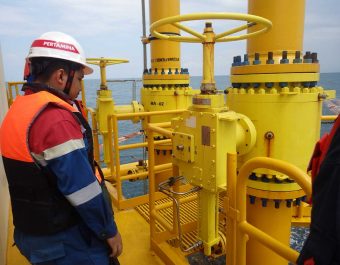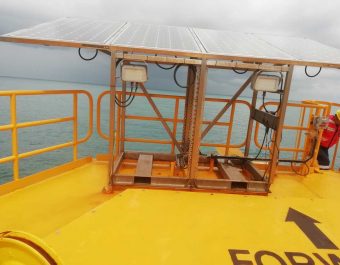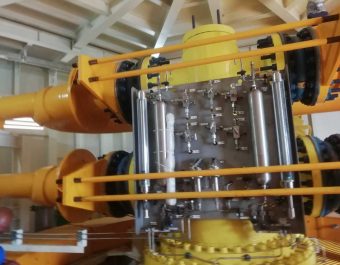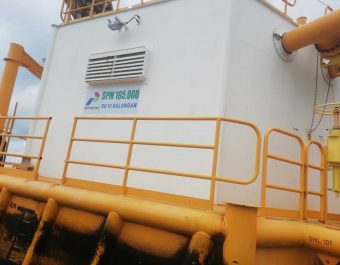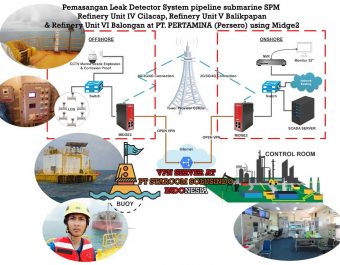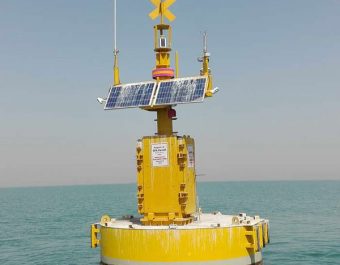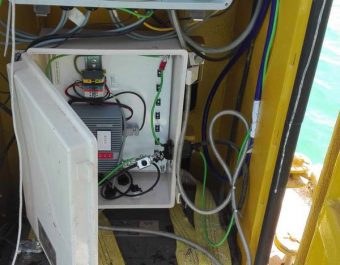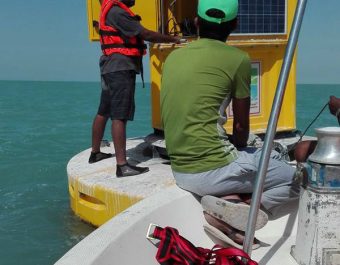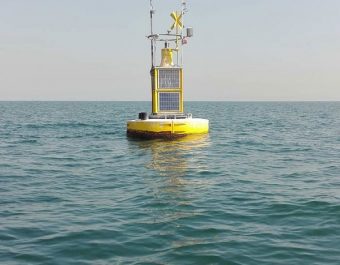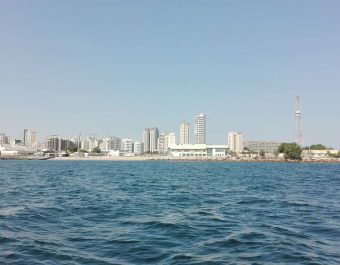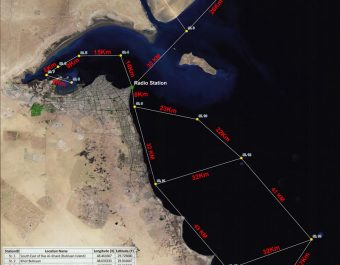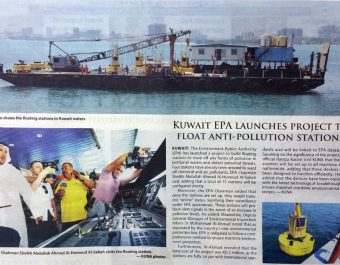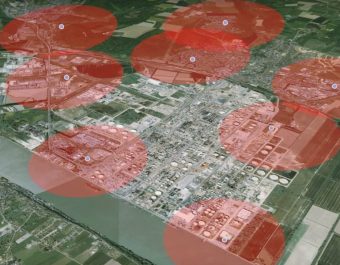Pakistan Petroleum Limited (PPL) is a state owned Oi l& Gas Company in Pakistan. One of their production assets is the Adhi gas field, south of Islamabad. In order to minimize the production decline rate, a Field Compression facility is now used. To support efficient operation of this facility, permanent and improved real time monitoring of the well heads is required.
A SCADA system was installed around ten years ago to automate processes, reducing manpower requirements and providing greater levels of accuracy in reporting parameters at wellheads. However, this network did not meet the full requirements of the more recent Field Compression facility. PPL realized the need to migrate to a modern, future proofed radio data network. Avanceon was contracted as System Integrator to design, install and commission the new network.
After lengthy analysis and discussion with PPL, it was agreed the following parameters and design features were key: Multiple ports, Base Driven protocol, highest possible data speed, low power for use with solar panels, approval for use in hazardous locations and fully redundant hot standby units. The only radio that met all the criteria and more was the RACOM RipEX radio modem.
It was stipulated in the tender that the migration should be completed without network downtime or data collision, with both networks using the same frequency for communication. Fortunately RACOM Migration solution meets all these requirements. Radios and RTU’s would then be gradually migrated without any outages.
During installation, other areas of concern were raised. The RipEX solution answered all with ease:
- Using a RipEX-HS, fully redundant master station with auto switch over allays fears of downtime within the network
- Setting radio modems in sleep/save mode allows 24/7 communications between the RTUs and the center using solar power
- RipEX Modbus TCP server functionality and Modbus TCP to Modbus RTU conversion has proven very useful for efficient communication
Since commissioning, PPL and Avanceon have monitored the migrated network closely. They have found it much more reliable and considerably faster than the old network. In addition, the RipEX radio modems are much easier to configure than those they replaced. Planning and budgeting has already been approved for expansion to other sites during 2021.
Avanceon were grateful for the levels of input that the RACOM Support team were able to provide and are looking forward to working with them in the future on this and other projects.
